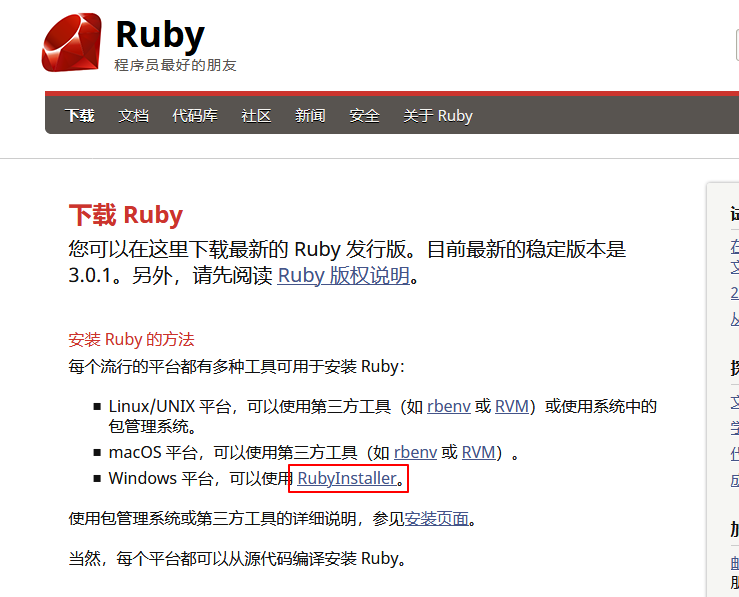

Then again, I suppose I could just not Nix-ify the Postgres dependency. My naive understanding of Nix is that if I Nix-ified every one of those projects, they’d each get their own entirely different instance of Postgres running - so I would have potentially several dozen Postgres’s running. Ver Cluster Port Status Owner Data directory Log fileĩ.6 main 5432 online postgres /var/lib/postgresql/9.6/main /var/log/postgresql/ġ0 main 5433 online postgres /var/lib/postgresql/10/main /var/log/postgresql/postgresql-10-main.logġ2 main 5435 online postgres /var/lib/postgresql/12/main /var/log/postgresql/postgresql-12-main.logġ3 stuff 5436 online postgres /stuff/data /var/log/postgresql/postgresql-13-stuff.logġ3 main 5434 online postgres /var/lib/postgresql/13/main /var/log/postgresql/postgresql-13-main.logĮach of those clusters has many databases running on it.

On my development machine, I have several Postgres clusters running various versions including 9.6, 10, 12, and 13: I’m also tentatively a little unsure if it’s the best tool to handle formalizing every project dependency - say, like, Postgres versions.
#Rubyinstaller 2.2.4 full#
However, it seems that Nix will require a moderate time investment to learn properly before I can make full use of it, which at this moment I don’t have.
#Rubyinstaller 2.2.4 trial#
So, I’m currently giving asdf a trial and it’s going fine so far. As expected from the ease of ruby-build, this also “just works.”
#Rubyinstaller 2.2.4 install#
All of these tools can be replaced by asdf, using its plugin system.Īsdf’s Ruby plugin also supports building and installing Ruby versions with asdf install ruby 2.7.6, which defers to ruby-build under the hood. On my old development machine, I had chruby for Ruby switching, n for Node switching, and pyenv for Python switching (Python in particular is a mess with this stuff in my opinion). One competing tool I’ve become aware of is asdf, which is a language-agnostic version switcher. Installed ruby-2.7.6 to /home/abe/.rubies/ruby-2.7.6Įxplictly installing it to ~/.rubies means I can continue using chruby for Ruby version switching between projects.īut while I’m re-evaluating tools, why not reconsider chruby? It only receives critical security updates, no bug fixes. WARNING: ruby-2.7.6 is nearing its end of life. Installed openssl-1.1.1s to /home/abe/.rubies/ruby-2.7.6

To follow progress, use 'tail -f /tmp/' or pass -verbose One can read the full compile error in ~/src/ruby-2.7.6/ext/openssl/mkmf.log, but the gist is that I’m using OpenSSL 3 while my old Ruby expects an older version: Looks like there’s an issue with OpenSSL. home/abe/src/ruby-2.7.6/lib/rubygems/core_ext/kernel_require.rb:83:in `require': cannot load such file - openssl (LoadError) tool/rbinstall.rb:846:in `block (2 levels) in install_default_gem'Ģ: from /home/abe/src/ruby-2.7.6/lib/rubygems/specification.rb:2430:in `to_ruby'ġ: from /home/abe/src/ruby-2.7.6/lib/rubygems/core_ext/kernel_require.rb:83:in `require' tool/rbinstall.rb:279:in `open_for_install'ģ: from. tool/rbinstall.rb:845:in `block in install_default_gem'Ĥ: from. tool/rbinstall.rb:835:in `install_default_gem'Ħ: from. tool/rbinstall.rb:799:in `block in 'ħ: from. tool/rbinstall.rb:950:in `block in 'Ĩ: from. I have Bison version 3 while my Ruby build expects version 2:ġ0: from. Make: Leaving directory '/home/abe/src/ruby-2.7.6'Īfter some digging, it turns out this is due to having a version of GNU Bison that’s too new for our poor old Ruby. Make: Leaving directory '/home/abe/src/ruby-2.7.6/ext/ripper' Ripper.c:6447:16: error: ‘YYUNDEF’ undeclared (first use in this function) did you mean ‘T_UNDEF’? Ripper.c:6441:22: error: ‘YYerror’ undeclared (first use in this function) did you mean ‘yyerror’? Ripper.c:6309:12: note: each undeclared identifier is reported only once for each function it appears in Ripper.c:6309:12: error: ‘YYEMPTY’ undeclared (first use in this function)Ħ309 | yychar = YYEMPTY /* Cause a token to be read.


 0 kommentar(er)
0 kommentar(er)
